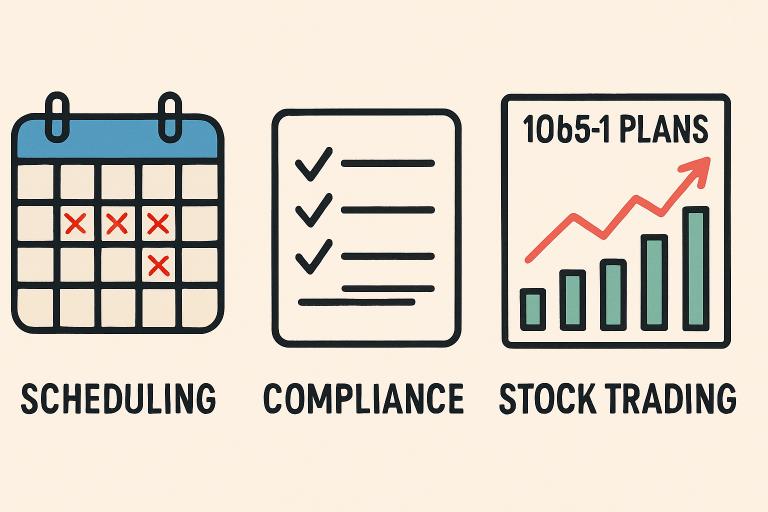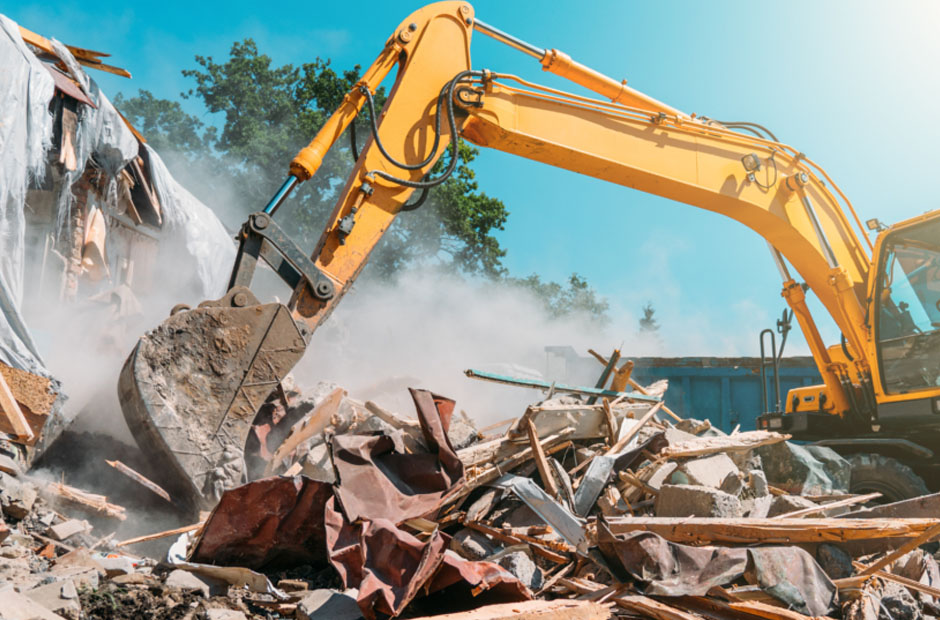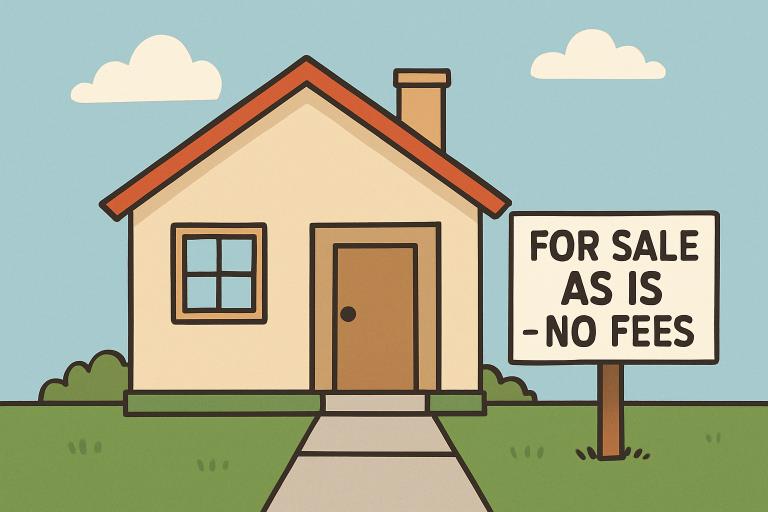Now Reading: Tips for Enhancing Community Management Practices
-
01
Tips for Enhancing Community Management Practices
Tips for Enhancing Community Management Practices

Community management should adapt to the size and character of each neighborhood. Whether it’s a high-rise condominium, a single-family community, or a new development, managers need tailored strategies to fit the property. Strong communication and active resident engagement are key to supporting these communities. Here are a few tips for enhancing community management practices:
Establish Clear Communication Channels
Clarity in communication helps build trust and keeps communities informed. When updates are delivered through email or newsletters, residents are able to stay engaged. This can include receiving updates on rule changes, maintenance notices, or amenity schedules. Transparent communication minimizes confusion and helps reduce unnecessary conflicts.
Across property types, whether in sprawling single-family developments or high-rise complexes, accessible updates are key. Residents are informed and can participate in community life, supporting various initiatives and events. Consistent messaging from community management helps align expectations and fosters a sense of stability.
Match Administrative Structures
Administration must scale with the property’s size. In condominium settings, management tasks often include enforcing architectural guidelines, maintaining common areas, and coordinating cleaning routines. In single-family or estate communities, the focus may shift to landscaping, roadway repairs, or shared amenity upkeep. Adjusting administrative workflows and staffing makes sure that operations remain efficient. For larger communities, efficient vendor coordination and clear task delegation are necessary. Adjusting management to the size and complexity of the property helps make sure nothing is missed, from new-build phases to regular landscaping maintenance.
Administrative structures with technology can streamline operations across communities of all sizes. Tools such as digital portals, online payment systems, or maintenance request platforms are beneficial. These platforms provide residents with accessible communication channels while reducing paperwork and delays. For larger developments, these systems can efficiently handle high volumes of requests. By combining tailored administrative strategies with modern tools, management can create seamless processes that enhance convenience.
Engage Residents Through Committees
Strong community management encourages residents to get involved. Committees for architecture, landscaping, or social events provide homeowners with an opportunity to shape their neighborhood, whether in a condominium building or an active-adult community. Accessible events, such as seasonal celebrations or town hall meetings, also strengthen connections and build a sense of shared ownership.
Management services can support these efforts by helping to plan, promote, and guide activities so they follow community guidelines. Management teams also verify that events are within the budget. Resident-led committees further spread out responsibilities, promote collaboration, and keep residents engaged in long-term community goals.
Enforce Policies Consistently
Most communities follow governing documents, such as bylaws or homeowner agreements. Consistent policy enforcement — whether for parking, appearance, or other rules — is necessary. Uneven enforcement can lead to weakened trust among residents.
The principle of enforcing rules consistently remains the same, regardless of the property type, whether it involves late fees from a condo owner or approval for painting a single-family home. Management must apply the rules according to the community procedures, offering processes for appeals or clarifications. Consistency fosters fairness, resulting in smoother operations and more engaged residents.
Maintenance policies also help keep communities safe. This includes upkeep for lobby elevators, pool filtration systems, or landscaped medians. Preventive maintenance helps avoid disruption and supports long-term functionality. Planned maintenance is especially key in communities with many shared amenities, such as high-rises with pools or gyms, to keep everything running smoothly and reduce disruptions for residents.
Use Professional Community Management Practices
Enhancing management practices involves clear communication, proper administration, resident involvement, and proactive maintenance coordination. Community management practices can be beneficial across diverse property types, including urban condominiums or single-family communities. By aligning policies and scaling operations to property size, communities become more cohesive for residents. Contact a management team to learn more about their processes and how they vary across different property types.





















